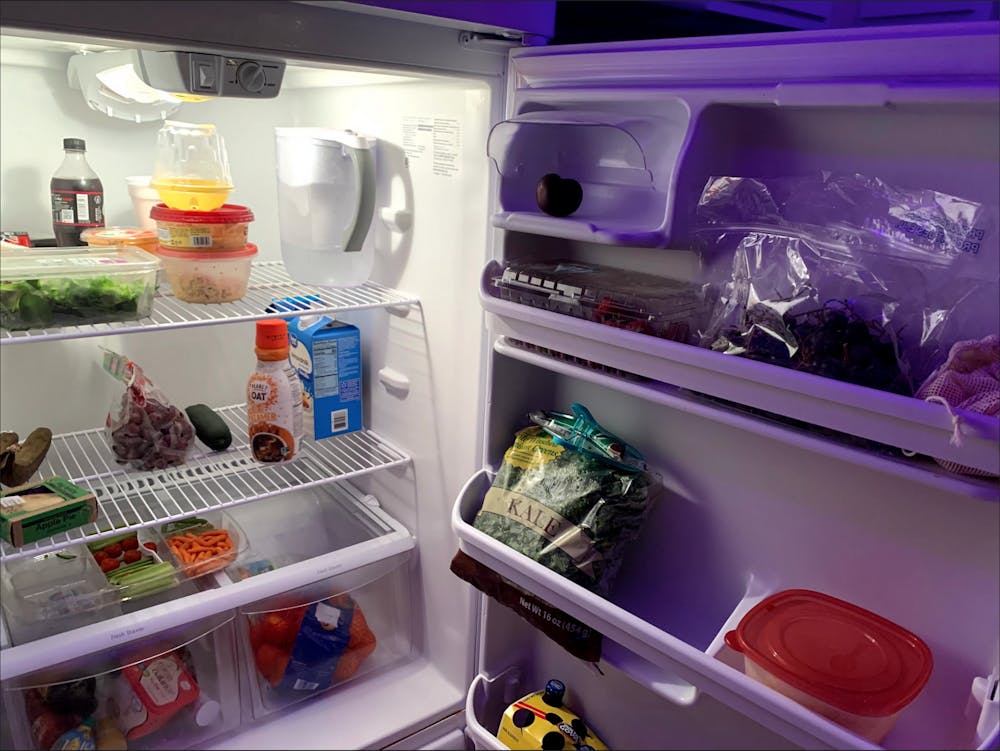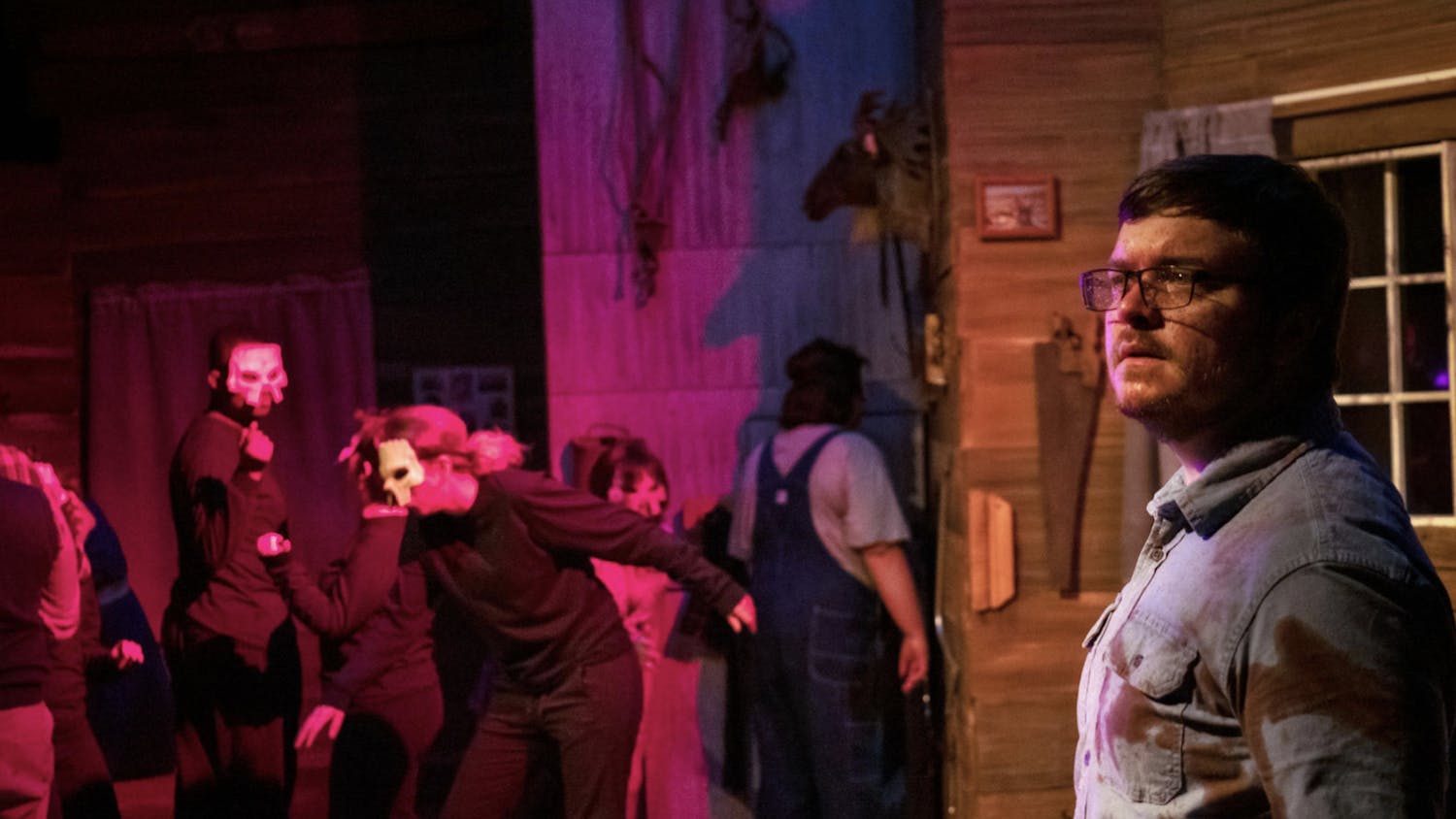To be neurodivergent is to be neurodevelopmentally different, or to have a brain that is structured differently from the “typical” person’s. According to Health Assured, the neurodivergent brain “functions, learns and processes information differently than others.”
Under the neurodivergent umbrella falls autism, ADHD, Tourette’s and various learning disabilities.
Society discriminates heavily against neurodivergent people, whether by viewing neurodivergent conditions as disorders to be “fixed” or neurodivergent habits to be shamed: people with ADHD are viewed as “lazy” due to executive dysfunction, or people who are autistic are seen as “rude” because they communicate differently.
Due to these stereotypes, neurodivergent people will “mask” or hide their atypical tendencies in order to fit in better with society — an exhausting performance.
College is already challenging enough for neurotypical people; for neurodivergent people, the rigid structures, expectations and pressures can make it even more so.
One way to make college smoother is to shape your lifestyle around what works best for you instead of trying to force your brain to conform to an expectation of how it “should” perform. Your home and mind should be safe places where you can exist without the pressure to pretend to be someone else.
For example, something that neurodivergent people often struggle with is object permanence. What is out of sight is equivalent to being out of mind. You might set down an object and immediately lose it — either you forget the object existed at all, or you just don’t know where you put it.
The former issue can be a real problem when it comes to food storage. It might seem like common sense to put the fresh produce in the “fresh” drawer of your fridge.
If you are neurodivergent, however, you risk putting your spinach in the drawer where you can’t see it when you open the fridge, forgetting it’s there and then losing the greens to mold.
Instead, try putting your perishable foods inside the fridge door and on the shelves and store your condiments in the drawers. Your condiments have a longer shelf life, and you’ll remember to reach in the drawer when you need them. Meanwhile, you’ll see and use your fruits and vegetables before they go bad.
The other common object impermanence problem is that neurodivergent people simply forget they put something down, and eventually, their space becomes a wreck of lost items.
One thing that has helped me is a “doom box” — a drawer or container where I can throw all my miscellaneous items. I try to clean out the box weekly and put everything back in its place when I feel up to it. This way, my space stays orderly, but I am also not stressed out when I don’t have the energy to immediately put things away.
Neurodivergent people also tend to struggle with “time blindness,” which means they don’t process time accurately. Minutes can often stretch for hours and an hour feels like seconds. This processing issue causes neurodivergent people to often be late or fail to appropriately prioritize their time.
Though it sounds obvious, setting multiple timers really does help you keep track of time. Timers are useful for remembering to eat meals and take medications. Personally, I set timers fifteen to thirty minutes before every class or event so I can attempt to be there on time. I have a neurodivergent friend who has a timer set for every hour so she doesn’t get lost in her assignments.
Speaking of academics, it is not uncommon for a college student to spend a long amount of time in class each day. For an individual with a neurodivergent brain, however, sitting still for an extended period of time can be quite a challenge.
Sensory toys offer a distraction, boost productivity and give one’s mind a mental break.
The best part is that they come in a variety of forms. Some neurodivergent people are drawn to textured objects like rocks or fidget spinners. Others stim with jewelry.
When I’m in class, I slip my rings between my fingers or rub my worry stone. That little bit of movement keeps me grounded and focused on class discussions or lectures.
Whether you’re neurotypical or neurodivergent, your life is flexible to your needs. Find out what works for you and do it until it becomes natural, even if it’s against the grain.
Ivy Marie Clarke ‘22 is an English literature and creative writing double major, double minoring in art and women’s and gender studies. She has served as editor of the Arts & Culture section of The Cluster for the last two years. She also interns with Macon Magazine and Mercer University Press and edits for The Dulcimer. She also enjoys drinking coffee and writing poetry.





